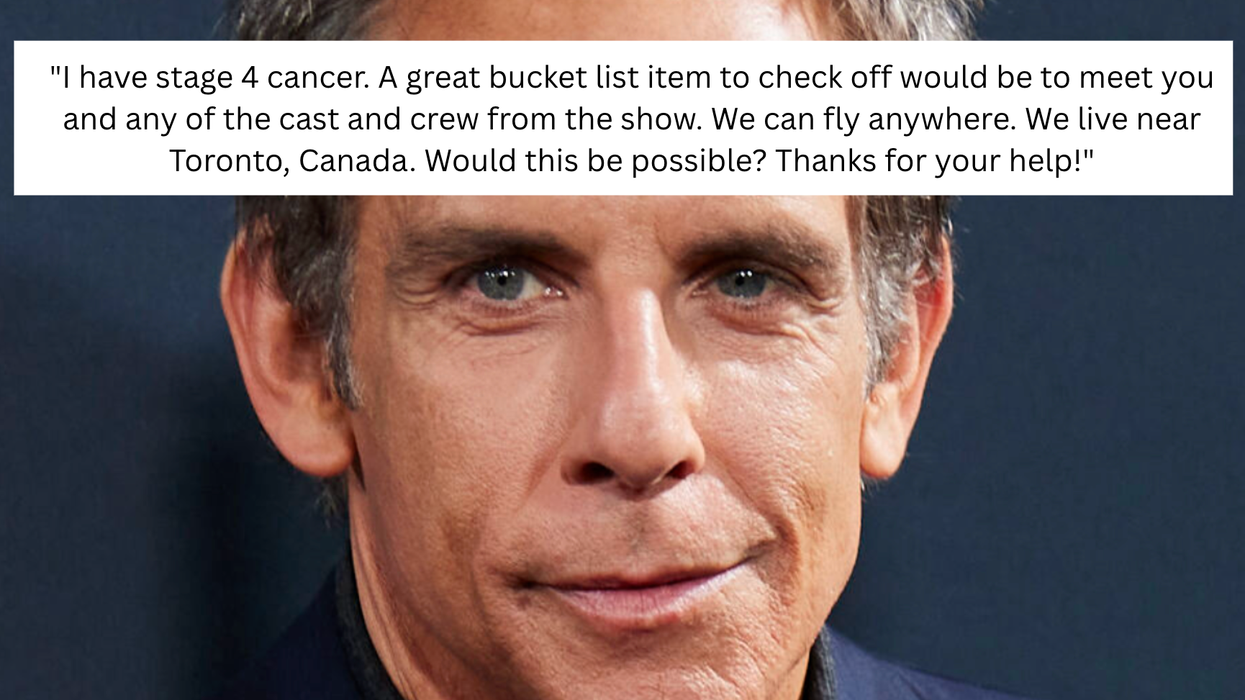What's behind the shift? Today's business school applicant is more socially aware and open to working with nonprofits and non-governmental organizations, and less interested in the traditional MBA fields of consulting and investment banking.
Stephen Hodges, president of London's Hult International Business School says his school plans to add a master's degree in social entrepreneurship in response to the Hult Global Case Challenge, a student-generated competition that attempts to address social issues “through crowd-sourcing innovative ideas and solutions from the world’s best and brightest business school students.”
The challenge proved to be so popular last year that more than 100 different business schools, "donated their time and expertise to helping One Laptop per Child—the charity that brings inexpensive computers to the third world." This year's challenge partners with Water.org to tackle the global clean water crisis.
Not everyone's 100 percent thrilled with the explosion of social entrepreneurship programs at business schools. Tony Sheldon, the head of Yale's Program on Social Enterprise warns that the concept could turn into "just a marketing ploy, rather than an expression of purpose.”
Nick Temple, the director of policy at London’s School for Social Entrepreneurs adds that it's concerning that "social entrepreneurship education in the U.S. seems to be embedded in universities.” Temple believes "social justice is also about addressing inequalities. If you’re limiting yourself to people who’ve passed exams or can afford the cost of private university fees you limit yourself to a relatively small pool.”
The real test of social entrepreneurship's endurance will be whether MBAs still flock to nonprofits and NGO's when the economy's back on the upswing—and when they're faced with paying back massive student loans.
photo via Get the Big Picture
















 Otis knew before they did.
Otis knew before they did.